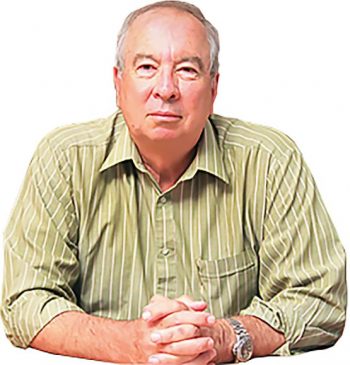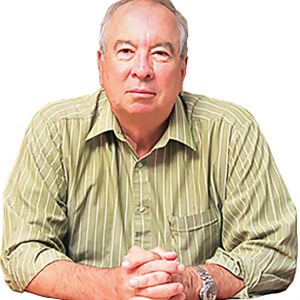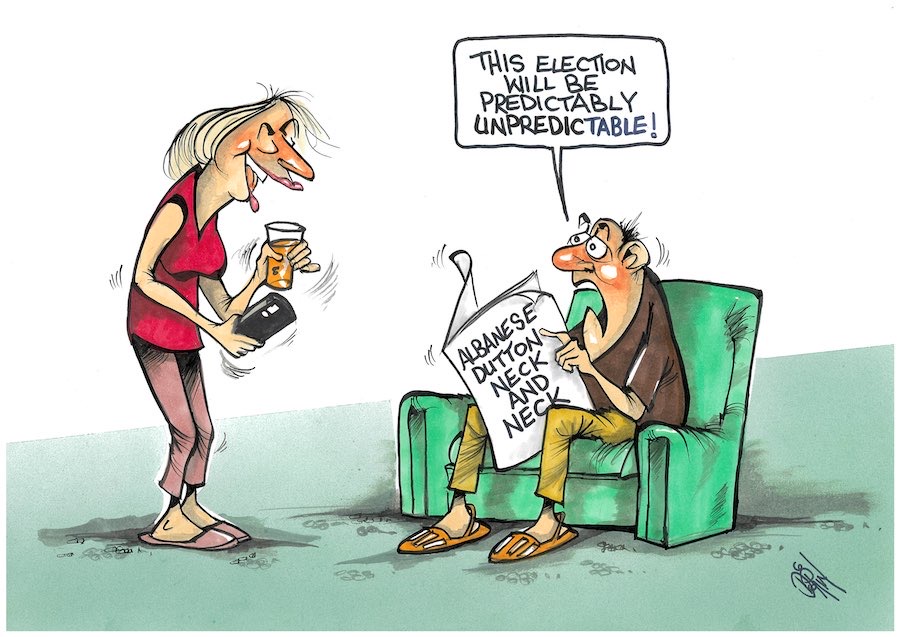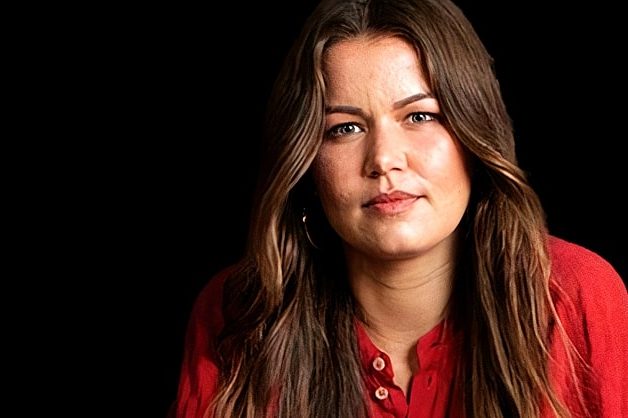
CLIVE WILLIAMS continues on from his last Whimsy column with another intriguing aspect of English pronunciation – the influence of regional dialects and accents.

The diversity of accents across different regions has led to variations in pronunciation that may seem odd or unfamiliar to those from other areas.
It’s particularly the case between American and British/Australian English. For example, the pronunciation of “schedule” as “shed-yool” in British English and “sked-yool” in American English.
Anyone who has visited America knows that, for Americans, herbs are ‘erbs, advertisements are adver-tize-ments, vehicles are vee-hickles, international is innernational, buoys are boo-wees, khaki is kacky, etcetera.
Then there are the different terms for some items. On the food front, surprisingly, entrees are appetisers and main courses are entrees, while sweets are candy, biscuits are cookies, chips are fries, crisps are chips, soft drinks are sodas etcetera.
It’s disconcerting to be told in the US that your flight will be taking off “momentarily”. To Americans that means soon while to other English speakers it means for a short period of time.
And take the case of cars (or autos) where boots are trunks, windscreens are windshields, bumpers are fenders, petrol is gas, and so on.
I learned during my first posting to the US that in the race-conscious southern states of the US you don’t ask a black waitress for a white coffee, the accepted term is coffee with cream.
The historical evolution of the English language has been shaped by the assimilation of words from other languages.
English has borrowed extensively from Latin, French, Germanic languages, Indian, Mandarin Chinese etcetera, resulting in a linguistic mosaic with diverse pronunciation patterns.
Consider the word colonel, which originated from the Italian word colonello and is pronounced “kurnel” in English. That’s because we got the word via the French, who had changed colonello to coronel.
Names of places can be particularly susceptible to unusual pronunciation.
In England, there are numerous instances where the spelled names of towns or villages defy phonetic expectations. For instance, the town of Leicester is pronounced “Lester” and the village of Bicester is pronounced “Bister”. These variations often have historical roots, reflecting changes in language and pronunciation over time.
In some cases, the odd pronunciation of words in English can be attributed to orthographic (spelling) conventions that have persisted despite changes in spoken language.
The word knight is a notable example, where the “k” is silent – or as my father used to say, “like the p in bath”. The silent “k” harks back to Middle English, where the word was pronounced with a guttural sound that eventually disappeared in spoken English but remains in the written form.
Ready for some profound celebrity insights into language and words?
- “My wife is teaching me Cuban. It’s like Spanish but with fewer words for luxury goods.” –Emo Philips, American actor and comedian.
- “I would love to speak Italian, but I can’t, so I grew underarm hair instead.” –Sue Kolinsky, American film producer.
- “You don’t have to have a language in common with someone for a sexual rapport. But it helps if the language you don’t understand is Italian.” –Madonna, American pop icon.
- “Learning English was like moving from one darkened house to another on a starless night during a strike of candlemakers and torchbearers.” –Vladimir Nabokov, Russian-American novelist, poet, translator, and entomologist.
- “There are over 30 words in the Irish language which are equivalent to the Spanish mañana. But somehow none of them conveys the same sense of urgency.” –Patrick Kavanagh, Irish poet and novelist.
- “Boy, those French, they have a different word for everything.” –Steve Martin, American comedian, actor, writer, producer, and musician.
- “She speaks 18 languages and can’t say ‘No’ in any of them.” –Dorothy Parker, American satirist.
- “I am sorry that I cannot address the people of Latin America in their own language – Latin.” –Dan Quayle, former US vice president.
- “I speak Esperanto like a native.” –Spike Milligan, comedian.
- “The worst words in the English language are ‘We have to talk’. Either that or ‘Whose bra is this?”’ –Jerry Seinfeld, American comedian.
- “The trouble with words is you never know whose mouth they’ve been in.” –Dennis Potter, television screenwriter.
- “If you have a big enough dictionary, just about everything is a word.” –Dave Barry, American actor.
- “I asked the barmaid for a quickie. The man next to me said: ‘It’s pronounced quiche’.” –Luigi Amaduzzi, Italian ambassador to the UK.
Clive Williams is a Canberra columnist.
Who can be trusted?
In a world of spin and confusion, there’s never been a more important time to support independent journalism in Canberra.
If you trust our work online and want to enforce the power of independent voices, I invite you to make a small contribution.
Every dollar of support is invested back into our journalism to help keep citynews.com.au strong and free.
Thank you,
Ian Meikle, editor









Leave a Reply